Fraction simplification Worksheets for Ages 6-8 - Page 2
72 filtered results
-
From - To


Homework Blues Worksheet
Fraction simplification is a foundational skill crucial for young learners between the ages of 6 and 8. At this stage, children are developing their mathematical thinking and problem-solving skills, which are essential for future academic success. Simplifying fractions helps children understand the concept of equivalent fractions, making complex problems easier to tackle and enhancing their number sense.
By learning to simplify fractions, young students gain deeper insights into how numbers work together. For example, recognizing that 2/4 is the same as 1/2 helps them see relationships between different fractions. This skill contributes significantly to their overall mathematical fluency, allowing them to solve problems more efficiently and accurately. Additionally, a strong grasp of fractions lays the groundwork for more advanced math topics, such as ratios, proportions, and algebra.
Moreover, engaging with fraction simplification at an early age nurtures critical thinking and logical reasoning. These cognitive skills are transferable to other subjects and everyday situations, promoting a child's ability to make reasoned decisions.
Parents and teachers should care about teaching fraction simplification because it builds a crucial academic foundation, promotes logical thinking, and boosts confidence in math. This skill is not just about numbers; it's about cultivating a mindset equipped for lifelong learning and problem-solving.
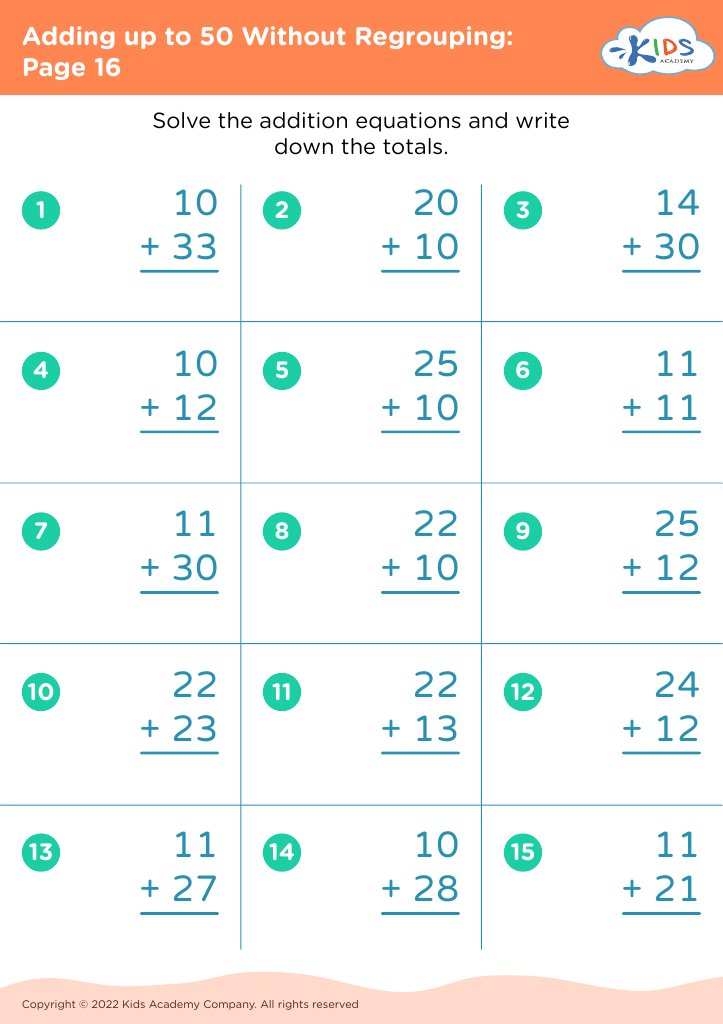

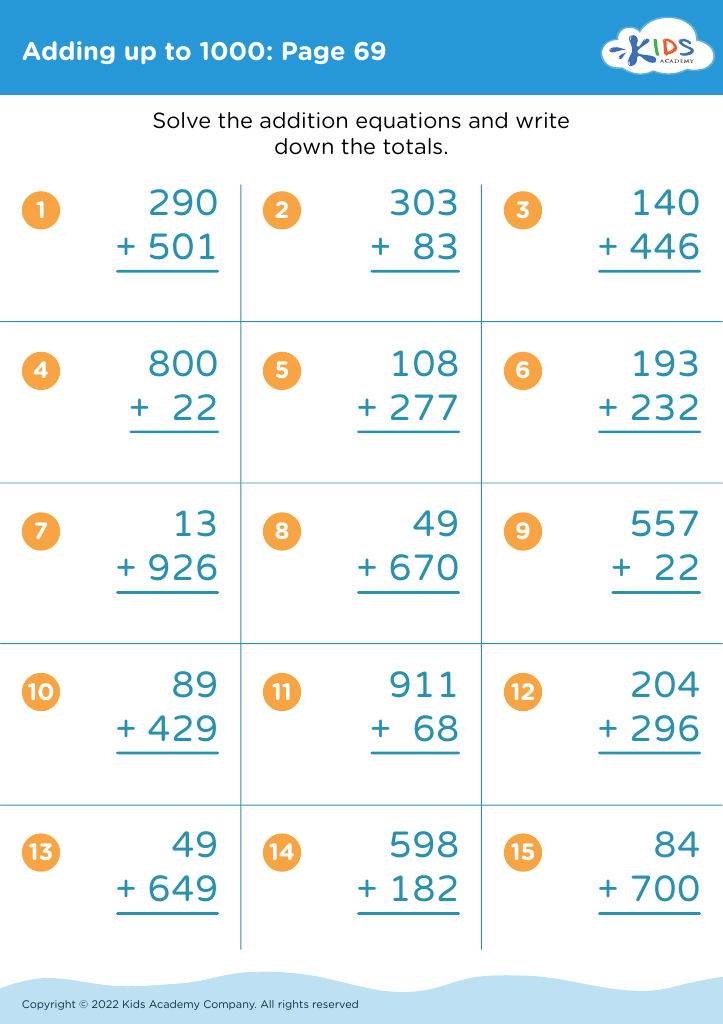
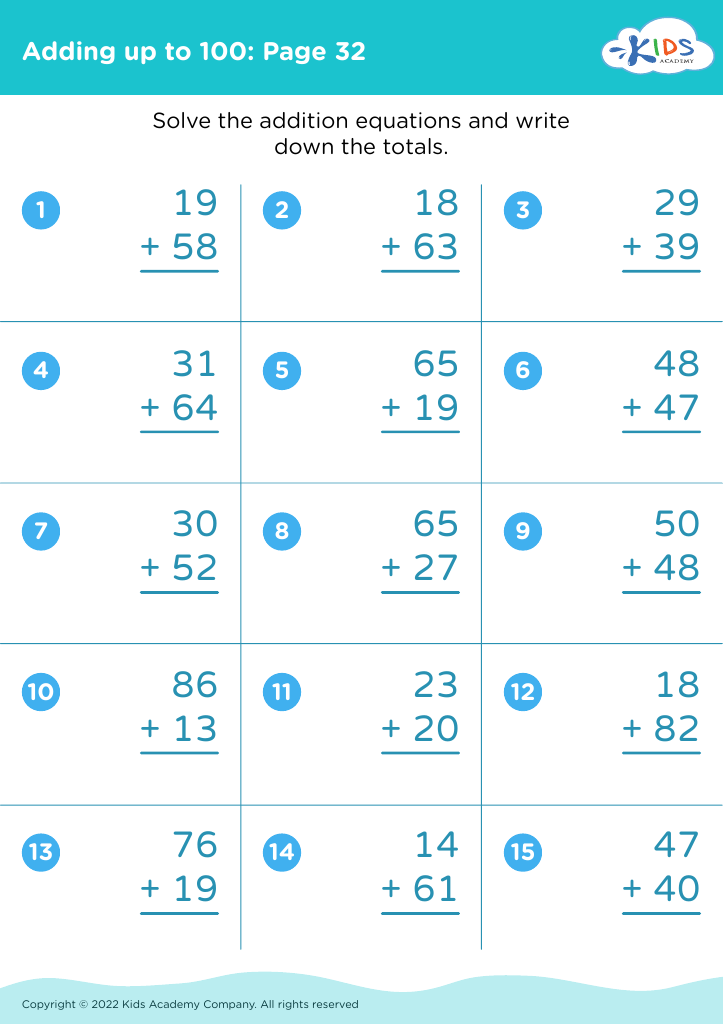






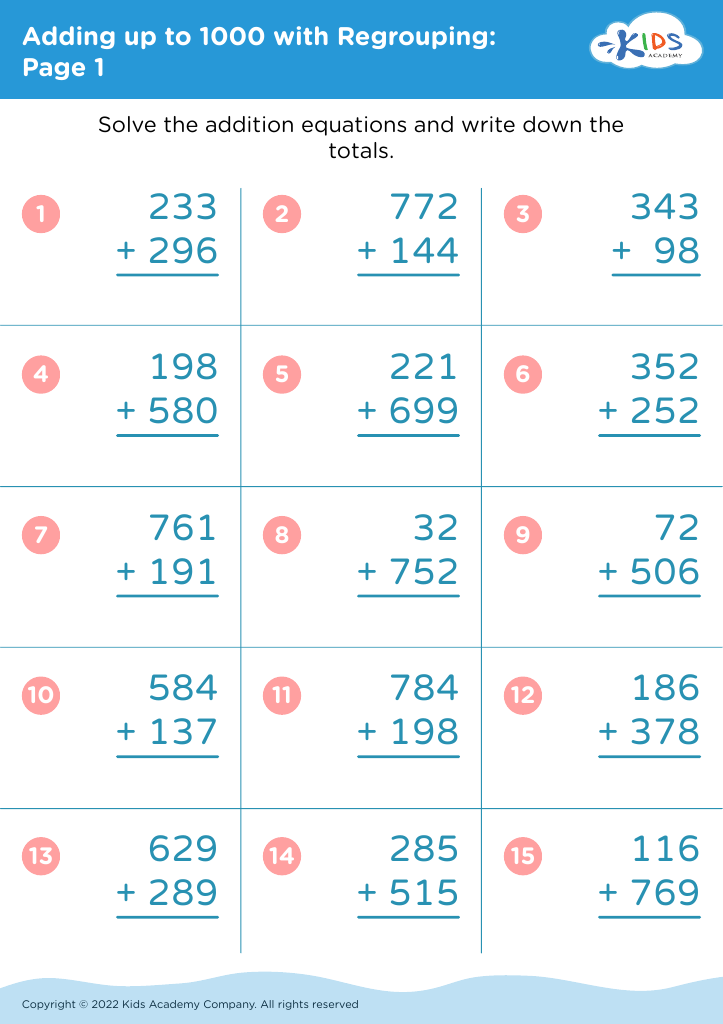
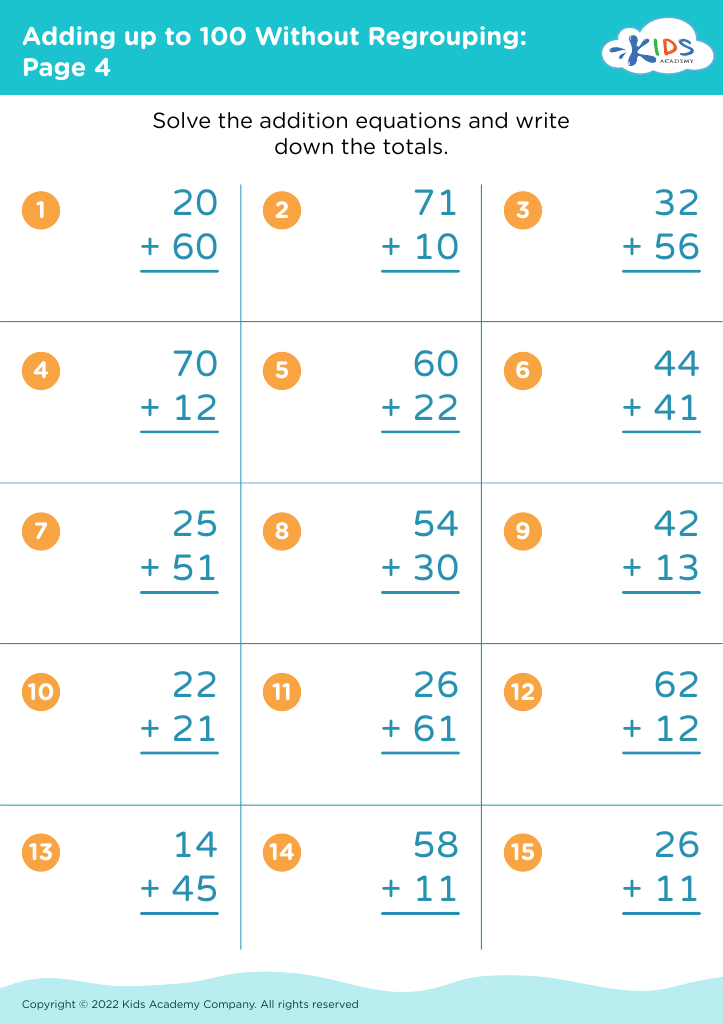
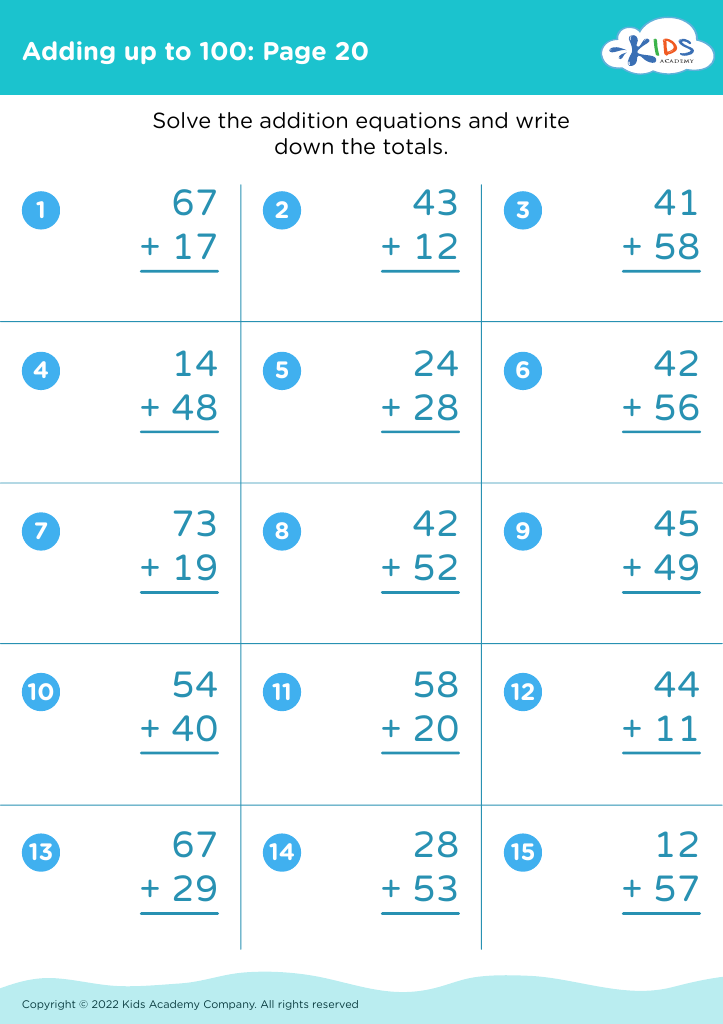
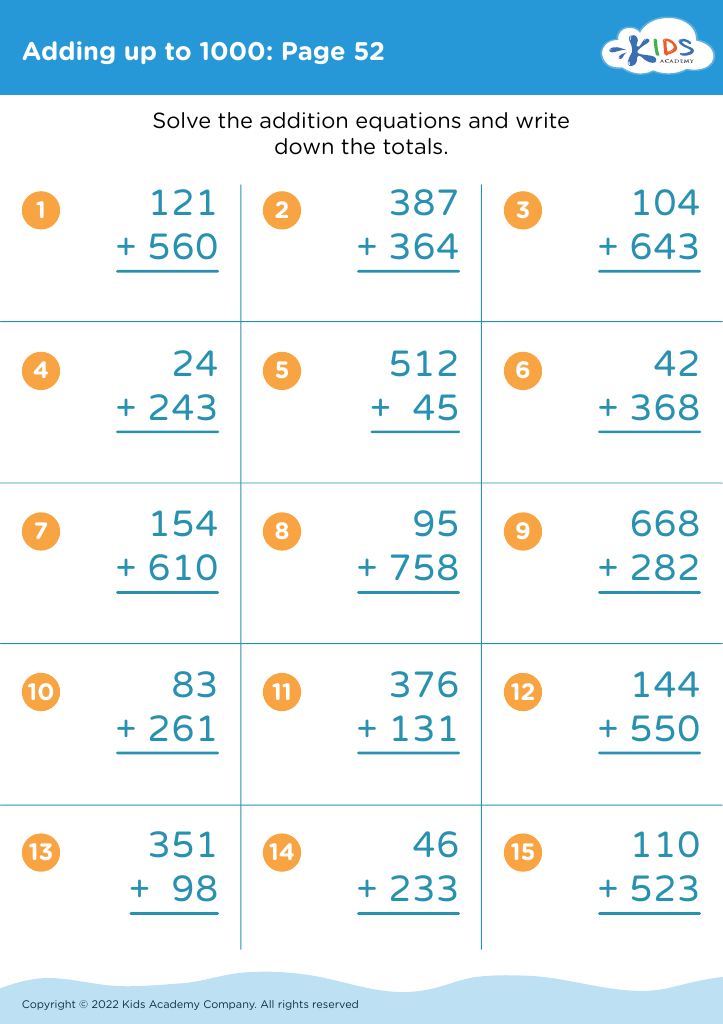



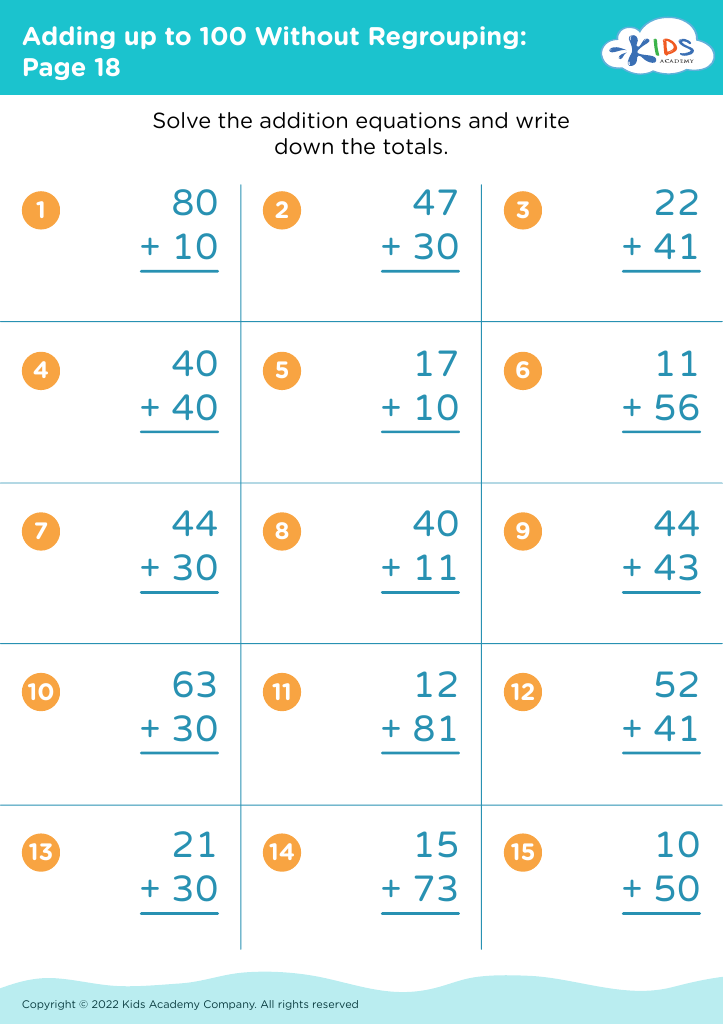

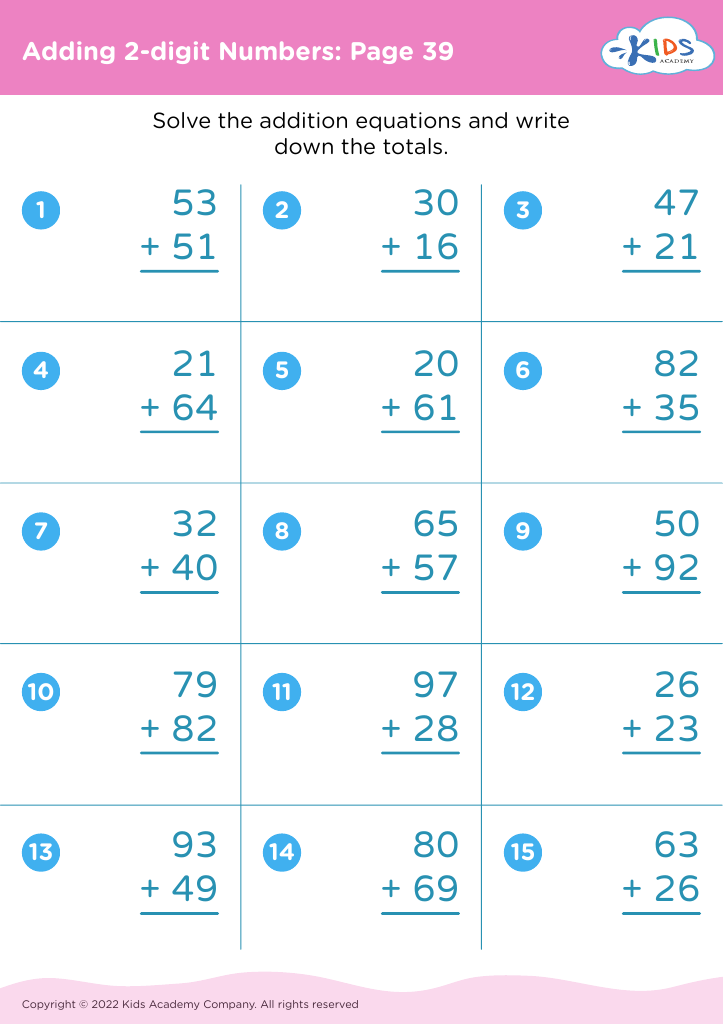


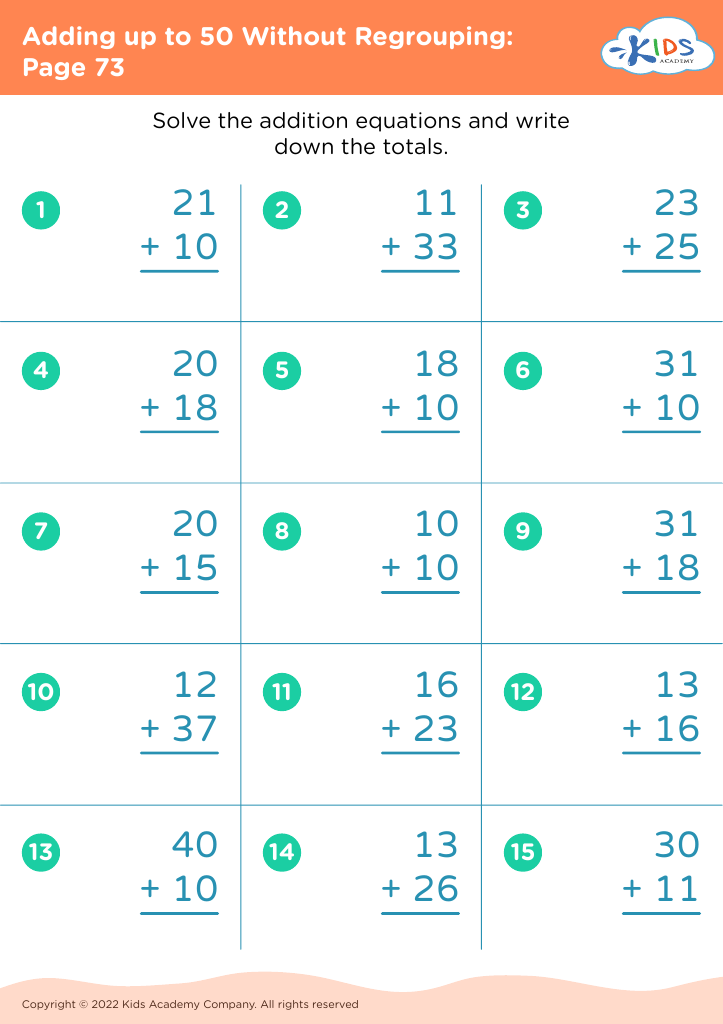
 Assign to My Students
Assign to My Students














